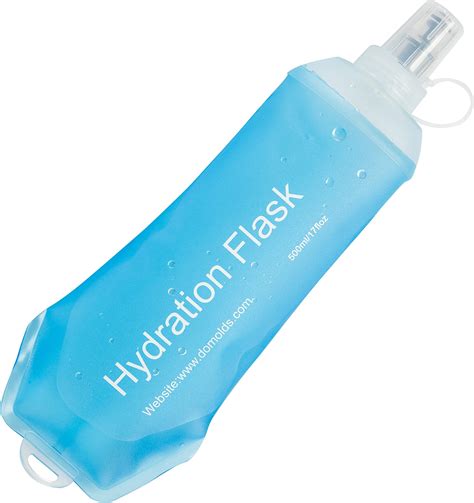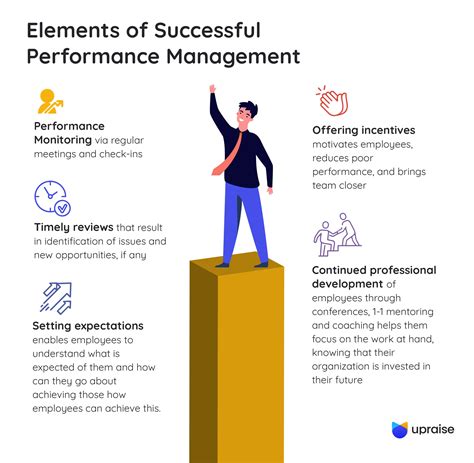Which nutrition strategy best combats fatigue and enhances focus for high-performing men?

In today’s demanding world, high-performing men often push their physical and mental limits, making fatigue and lack of focus common adversaries. While dedication and discipline are paramount, the role of nutrition as a foundational pillar for sustained energy, sharp cognition, and overall resilience cannot be overstated. The question isn’t whether nutrition matters, but which specific strategy yields the best results for combating burnout and maximizing mental acuity.
The Foundation: Macronutrient Mastery
An effective nutrition strategy begins with optimizing macronutrient intake – proteins, carbohydrates, and fats. Each plays a distinct yet interconnected role in energy production and cognitive function. Protein, essential for muscle repair and satiety, provides a steady stream of amino acids, which are precursors to neurotransmitters like dopamine and norepinephrine, vital for focus and mood. Aim for lean sources such as chicken, fish, lean beef, eggs, and plant-based options like legumes and tofu.
Complex carbohydrates are the brain’s preferred fuel source. Unlike simple sugars that lead to energy spikes and crashes, complex carbs (oats, quinoa, brown rice, whole-grain bread, sweet potatoes) release glucose slowly, ensuring a stable energy supply for sustained mental performance without the dreaded afternoon slump. Integrating them strategically, particularly around periods of intense mental or physical activity, is key.
Healthy fats are crucial for brain health, hormone production, and inflammation reduction. Omega-3 fatty acids, found in fatty fish, flaxseeds, and walnuts, are particularly vital for cognitive function, memory, and mood regulation. Monounsaturated fats from avocados and olive oil also contribute to overall cellular health. A balanced approach ensures these essential nutrients are consistently available.

Micronutrients: The Unsung Heroes
Beyond macronutrients, a spectrum of vitamins and minerals acts as co-factors in countless biochemical reactions that impact energy and focus. B vitamins (B6, B9, B12) are critical for energy metabolism and the synthesis of neurotransmitters. A deficiency can manifest as fatigue and impaired cognitive function. Magnesium is another powerhouse mineral, involved in over 300 enzymatic reactions, including energy production and nerve function; it also plays a significant role in stress reduction and sleep quality.
Iron deficiency can lead to anemia, a primary cause of fatigue and reduced mental clarity, especially in men with active lifestyles. Zinc is important for immune function and cognitive processing. Antioxidants like Vitamin C and E, along with selenium, protect brain cells from oxidative stress, which can impair cognitive function over time. Ensuring a diverse intake of colorful fruits, vegetables, nuts, and seeds helps cover these vital micronutrient bases.

Hydration and Electrolyte Balance
Often overlooked, adequate hydration is fundamental for both physical and cognitive performance. Even mild dehydration can significantly impair concentration, mood, and short-term memory. Water is essential for nutrient transport, waste removal, and maintaining optimal brain function. Aim for at least 8-10 glasses of water daily, increasing intake during physical activity or hot weather.
Electrolytes (sodium, potassium, magnesium, calcium) are also critical. They help regulate fluid balance, nerve impulses, and muscle contractions. Intense exercise or prolonged stress can deplete electrolytes, leading to fatigue, muscle cramps, and reduced mental sharpness. Incorporating electrolyte-rich foods (bananas, spinach, avocados) or a quality electrolyte supplement when appropriate can prevent these deficiencies.

Strategic Meal Timing and Gut Health
The timing of your meals can significantly impact energy levels and focus. Instead of large, heavy meals that divert blood flow to digestion and induce post-meal sluggishness, consider smaller, more frequent meals. This approach helps stabilize blood sugar, provides a continuous supply of nutrients, and prevents energy dips. A balanced breakfast, nutrient-dense lunch, and lighter dinner, interspersed with healthy snacks, can maintain peak performance throughout the day.
Emerging research highlights the profound connection between gut health and brain function, often referred to as the ‘gut-brain axis’. A healthy gut microbiome can influence mood, energy levels, and cognitive function. Incorporating probiotics (fermented foods like yogurt, kefir, sauerkraut) and prebiotics (fiber-rich foods like oats, bananas, garlic) can support a diverse and thriving gut flora, positively impacting mental resilience and overall well-being.

Targeted Supplementation: A Strategic Edge
While a whole-food diet should always be the foundation, certain supplements can offer a strategic edge for high-performing men, addressing specific gaps or enhancing particular functions. Omega-3 fatty acids (EPA/DHA) are often recommended for cognitive support. Creatine, well-known for physical performance, also shows benefits for brain function and fatigue reduction, particularly in sleep-deprived individuals.
Adaptogens like Rhodiola Rosea or Ashwagandha can help the body manage stress and combat fatigue, promoting mental clarity and resilience. Vitamin D, often deficient, plays roles in mood and immune function. However, supplementation should always be guided by individual needs, potential deficiencies, and ideally, professional advice. It’s about augmenting, not replacing, a sound dietary strategy.

Conclusion: A Holistic and Personalized Approach
The best nutrition strategy for high-performing men to combat fatigue and enhance focus is not a one-size-fits-all solution, but rather a holistic and personalized approach. It encompasses a careful balance of macronutrients, an abundance of essential micronutrients, vigilant hydration, smart meal timing, and a focus on gut health. When implemented consistently, these strategies provide the physiological foundation necessary to withstand the rigors of a demanding lifestyle, sustain high energy levels, and maintain unparalleled mental sharpness. Consulting with a nutrition professional can further tailor these principles to individual needs, ensuring optimal performance and well-being.









